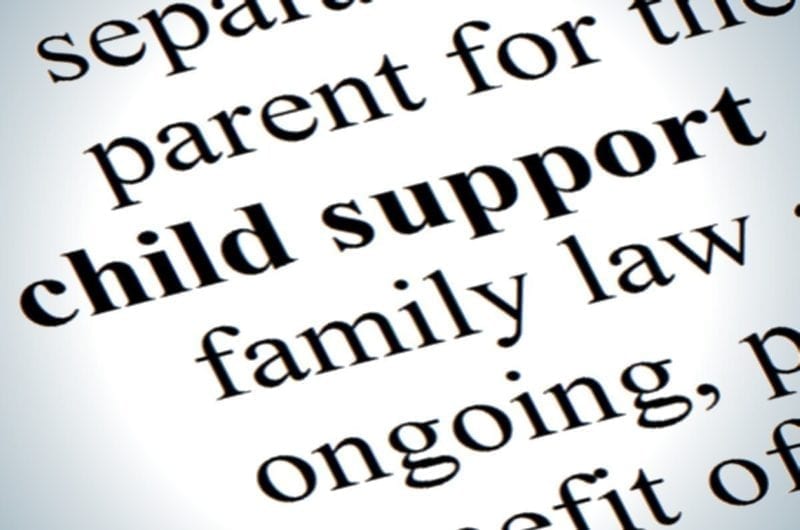Our SC Family Law Attorneys are here to help you through all of your family law issues. We know family law issues are difficult and stressful. At the McIlveen Family Law Firm, our South Carolina divorce lawyers and child custody attorneys understand what you’re going through. This is why our goal is to make it easier for you to get through these challenging times and get you the most favorable results possible for your case.
The McIlveen Family Law Firm is highly trusted by families in the Carolinas. We are ready to help whether you need an aggressive divorce attorney or someone to help you mediate your family law case. Our South Carolina family law attorneys are ready to help. We can serve you if you live in Abbeville County, Anderson County, Cherokee County, Greenwood County, Greenville County, Pickens County, Laurens County, Newberry County, Saluda County, Spartanburg County, Union County and York County. If you are not located in any of these counties, you may still find guidance in our free downloadable materials and videos.
It is our goal to take the stress of going through a divorce or custody lawsuit away from you. Our Greenville, SC divorce lawyers know family law. Our team of family lawyers and have decades of combined experience in family law and understand how to be both effective and considerate when handling sensitive family matters.
You can count on the McIlveen Family Law Firm for family law matters such as divorce, child custody, child support, alimony, mediation, property division, separation agreements, prenuptial agreements, grandparents’ rights, domestic violence, collaborative law and more.
Our Practice Areas
Our Team
Video Education Library
Schedule a Consultation
Child Support Calculator
High Net Worth Divorce
Hiring a Divorce Attorney
FAQs on South Carolina Divorce
What are the legal grounds for divorce in South Carolina?
- Adultery – For this to become valid grounds for divorce, you do not need to provide proof of the actual act of adultery.
- Physical abuse or cruelty – For this basis, you only have to show that your spouse put you at risk for physical harm.
- Habitual intoxication – You will need to prove that your spouse’s use of alcohol or drugs is habitual.
- Desertion – If your spouse left you and has not shown up for one year, you have a valid reason to file for a divorce.
- Separation – This is a “no fault” grounds, which means that neither of you could be blamed. The only requirement for this is that you and your spouse have been separated for at least one year.
What are the requirements for filing a divorce in South Carolina?
Before you can file for divorce in SC, you must meet its residency requirement. Either you have been a resident of the state for at least one year, or you and your spouse have both been residents for at least three months.
Where do I file for divorce in SC?
South Carolina law gives you three options on where you can file your divorce papers: one, in the county where you reside; two, in the county where your husband or wife resides at the time of filing; and three, in the county where you and your spouse last resided together. Whichever county you choose, you can file the documents with that county’s Clerk of Court, located in its County Courthouse.
When should I contact a South Carolina divorce lawyer?
As soon as you start considering divorce, you will want the knowledgeable guidance of a divorce attorney. Divorce is a life-changing decision and the field of divorce can be a legal maze. This is even more true if you have children or if you and your spouse have complex financial arrangements.
How long will a divorce take in South Carolina?
The answer depends on your specific circumstances. Each divorce case is unique, and some are concluded in less time than others. For instance, if you and your spouse have been amicably separated with no legal or financial disputes, the divorce process will be smoother and faster, and can perhaps be concluded in a few months.
The McIlveen Family Law Firm always aims for each divorce case to be peaceful and favorable for you and your loved ones. This way, not only do you experience less stress during the process, you can also have the most constructive foundation possible for your life ahead.
FAQs on South Carolina Child Custody
Can my child choose whom to live with?
The family court is the only one that can decide which parent will be granted child custody. SC law, however, also allows the court to give significant weight to the child’s preference, depending on his or her “age, experience, maturity, judgment, and ability to express a preference.” In other words, your child’s wishes may be considered, but it will not be the sole determining factor for custody.
Are mothers more likely to be granted child custody?
This is a myth. In the past, courts followed what is called the “Tender Years Doctrine,” which stated that a young child should not be separated from the mother. But as times changed and parenting roles evolved (for example, some families now have stay-at-home dads), this concept has been completely abolished. Today, South Carolina courts have no pre-established preference for either parent.
What factors do SC family courts consider when determining child custody rights?
In general, these are some of the common factors considered in child custody:
- The child’s needs
- Each parent’s capacity to meet these needs
- The child’s interaction with each parent
- The child’s adjustment to each parent’s living environment
- If either parent has inflicted harm on the child.
Can a South Carolina child custody order be changed?
Yes, but only if there has been a substantial change in circumstances and if that change affects the child’s best interest. Some examples of substantial changes are the custodial parent’s poor parenting, loss of income, or alienating the child from the non-custodial parent.
If you think your child custody order should be changed, you may file a request with your county court for a child custody order modification. A lawyer can help you build a strong case for this.
*Reviews are not state or topic specific. All cases are different.





